Maine Drug Scheduling: What You Need to Know
When most people think of drug crime classifications, they automatically assume it references the worst types of drugs (heroin, cocaine, LSD, etc.). But the word “drugs” also includes lots of common, and sometimes, beneficial chemicals, as well, like ibuprofen, and nicotine. The difference between whether these drugs are legal or illegal depends on whether the state of Maine has outlawed their use or possession. For some drugs, like heroin, the rule is simple, and straightforward – you can never use or possess heroin legally. For other substances, however, the context surrounding your use or possession is crucially important.
To help in determining how the law regulates certain drugs, the state of Maine has created four categories of drugs and chemical substances, which it calls “Schedules.” These drug schedules in Maine are arranged in letters – W, X, Y, and Z – and generally lists substances from most harmful (Schedule W), to least harmful (Schedule Z).
Call 207-571-8146 or contact us online to schedule a consult with one of our highly skilled criminal defense & OUI, DUI, DWI lawyers, serving Maine, today.
Table of Contents
Schedule W Drugs
Schedule W contains the most well-known drugs. These are the most dangerous drugs, because they’re easy to get addicted to, and often lead to destructive patterns of drug abuse. Many of these drugs have no recognized medicinal value. Drugs in Schedule W include:
- Cocaine
- Heroin
- Methadone
- Oxycodone
- Amphetamines, including methamphetamine
- Hallucinogens and synthetic hallucinogens, including MDMA, TMA, MDA, DOB, and FMC
- Barbituric acids
- Phenmetrazine
- Methlphenidate
- Morphine
- Opium
- Phencyclidine, or PCP
- Lysergic acids, like LSD
- Flunitrazepam
Schedule X Drugs
Schedule X contains lesser hallucinogens and depressants. The drugs in this classification are less intense than those in Schedule W, and are used for medicinal purposes more often. Drugs in Schedule X include:
- Nalorphine
- Chlorhexadol
- Sulfonmethane
- Methaqualone
- Glutethimide
- Mescaline, including peyote
- Stimulants like GHB
- Tranquilizers, including ketamine
- Hallucinogens such as bufotenin, ibogaine, psilocybin, hashish, and other substances coming from plants or mushrooms, as well as DET, DMT, DPT, and AET
Schedule Y Drugs
Schedule Y contains many potentially dangerous and addictive chemicals that appear in prescription drugs. As such, their negative aspects come with significant medicinal purposes, as well. Schedule Y drugs include:
- Barbiturates such as barbital, methohexital, methylphenobarbital, phenobarbital
- Hypnotics, including chloral betaine, ethchlorvynol, ethinamate, paraldehyde
- Diazepam, also known as valium
- Mushrooms, including ergot
- Benzodiazepines like flurazepam and chlordiazepoxide
- Tranquilizers such as meprobamate
- Codeine
- Sedatives like chloral hydrate
- Phentermine
- Fenfluramine
Schedule Z Drugs
Schedule Z is a catch-all category, and includes any drug not listed in the other Schedules, as well as marijuana.
While many of these drug names are difficult to pronounce, and make it seem like you’re reading the ingredients on a tube of toothpaste, that does not mean that you won’t be held accountable if you’re found with them when you’re not supposed to.
Call 207-571-8146 or contact us online to schedule a consult with one of our highly skilled criminal defense & OUI, DUI, DWI lawyers, serving Maine, today.
Drug crime classifications in Maine
When it comes to drug offenses, the legal system categorizes crimes into various classifications based on their severity and the type of drugs involved. Understanding the
classification of drug crimes is essential to comprehend the potential consequences and penalties associated with each offense. In this section, we will explore the different categories of drug crimes and the possible corresponding legal implications.
The classification of drug crimes in Maine is determined by the drug schedule, which dictates the severity of the offense and the potential penalties. These crimes are categorized into classes A, B, C, D, or E, each carrying specific maximum penalties in terms of imprisonment and fines.
Class A crimes are considered felonies and can result in up to 30 years of imprisonment and a fine of $50,000.
Class B crimes, also felonies, carry a maximum penalty of 10 years in prison and a $20,000 fine.
Similarly, Class C felonies can lead to up to 5 years of imprisonment and a $5,000 fine.
For less serious offenses, Class D misdemeanors can result in up to one year in jail and a $1,000 fine, while Class E misdemeanors carry a maximum penalty of 6 months in jail and a $500 fine.
Understanding the classifications of drug crimes is crucial for anyone facing such charges in Maine. It is essential to seek legal counsel to navigate the complexities of the legal system and work towards the best possible outcome in your case.
Drug possession classifications
Drug possession in Maine is classified based on the drug schedule, the quantity of the drug in possession, and any prior convictions. The severity of the offense determines the corresponding classification and potential penalties.
For instance, possession of a specific quantity of Schedule W drugs falls under a Class C felony. On the other hand, possession of Schedule Y or Z drugs is considered a Class E misdemeanor.
Furthermore, if a defendant is found in possession of crack cocaine and has a prior conviction for drug possession or trafficking, it becomes an aggravating factor. This elevation in severity results in the possession of crack cocaine being treated as a Class C felony.
Marijuana Possession Classifications
In Maine, the possession of marijuana is subject to different classifications and penalties based on the quantity in possession. These classifications vary from Class E misdemeanor to Class B felony.
If an individual is found in possession of:
- over 2.5 to 8 ounces of marijuana, it is considered a Class E misdemeanor
- over 8 ounces to 16 ounces (one pound) falls under a Class D misdemeanor
- over one pound to 20 pounds, it is elevated to a Class C felony
- over 20 pounds of marijuana is classified as a Class B felony
Moreover, marijuana cultivation also carries varying penalties based on the number of plants involved. Cultivating 500 or more plants is considered a Class B crime.
Cultivating between 100 and 500 plants falls under a Class C crime, while cultivating between 5 and 100 plants is classified as a Class D crime.
Finally, cultivating fewer than 5 plants is considered a Class E crime.
If you have any questions, or are already facing drug charges, call The Maine Criminal Defense Group (207) 571-8146 to discuss your case.
Call 207-571-8146 or contact us online to schedule a consult with one of our highly skilled criminal defense & OUI, DUI, DWI lawyers, serving Maine, today.
Blog Articles
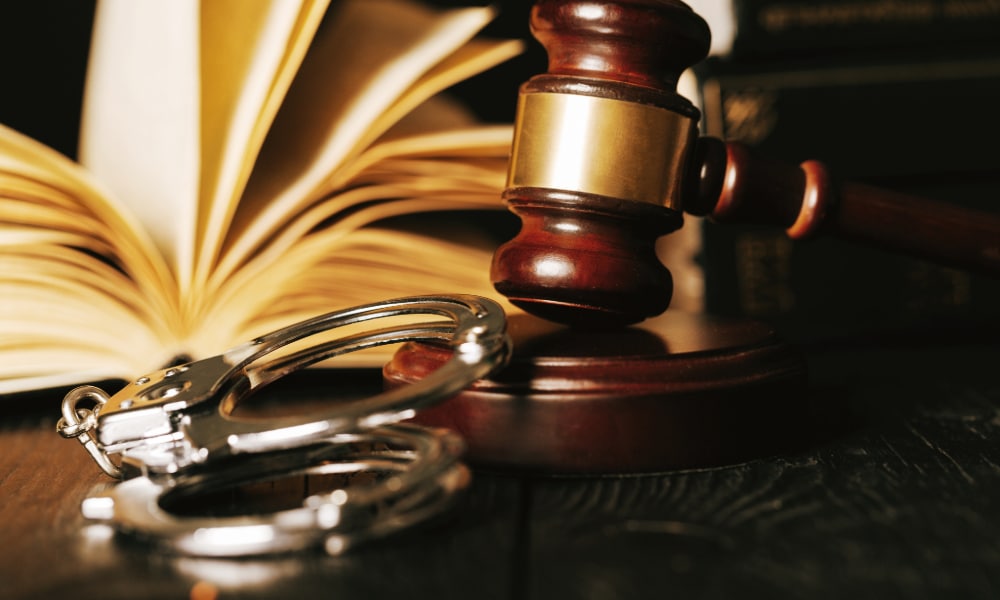
If you are convicted of a drug crime in Maine, your sentence will depend on four main factors: the type of drug involved (classified into four schedules), the amount of[...]

Any criminal charge for a drug-related offense is a serious matter in Maine,but how consequential the outcomes can get may depend on whether the charge is filed at the state[...]
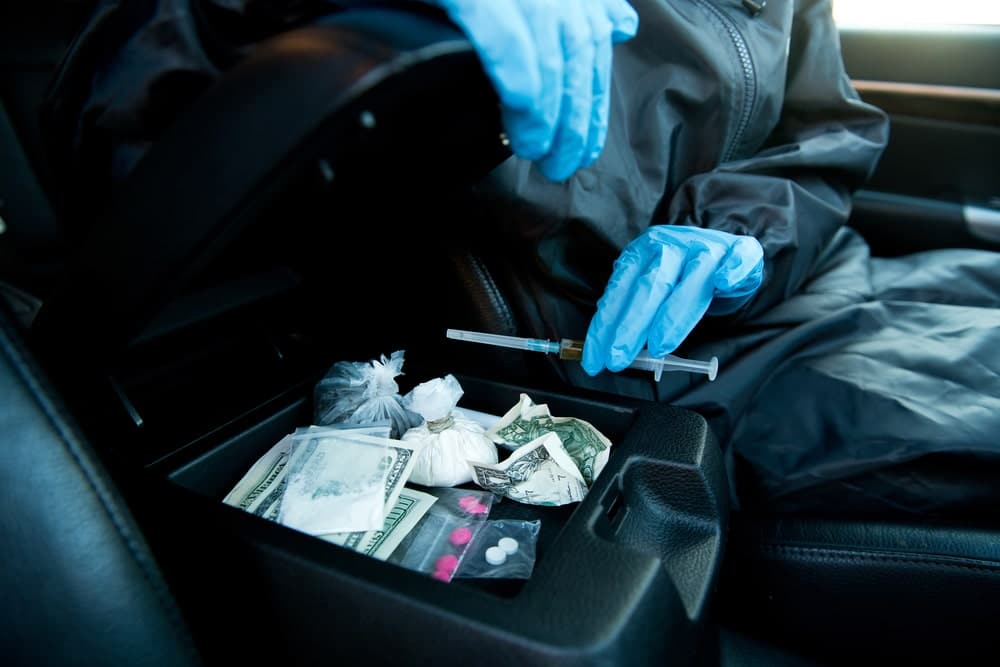
Search and seizure rules are enshrined in the U.S. Constitution and are intended to discourage the government (and law enforcement officials) from overstepping their powers and invading people’s privacy. They[...]
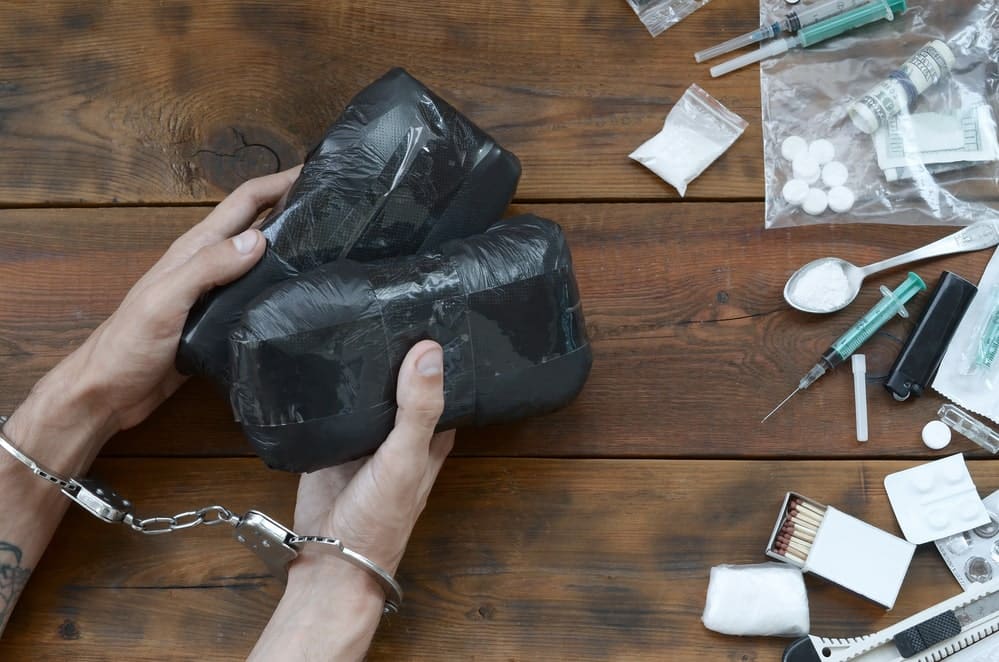
In this post, we will survey Maine’s laws on the possession and trafficking of “scheduled drugs,” and then discuss the classification and possible punishments for drug related crimes. Drug crimes[...]
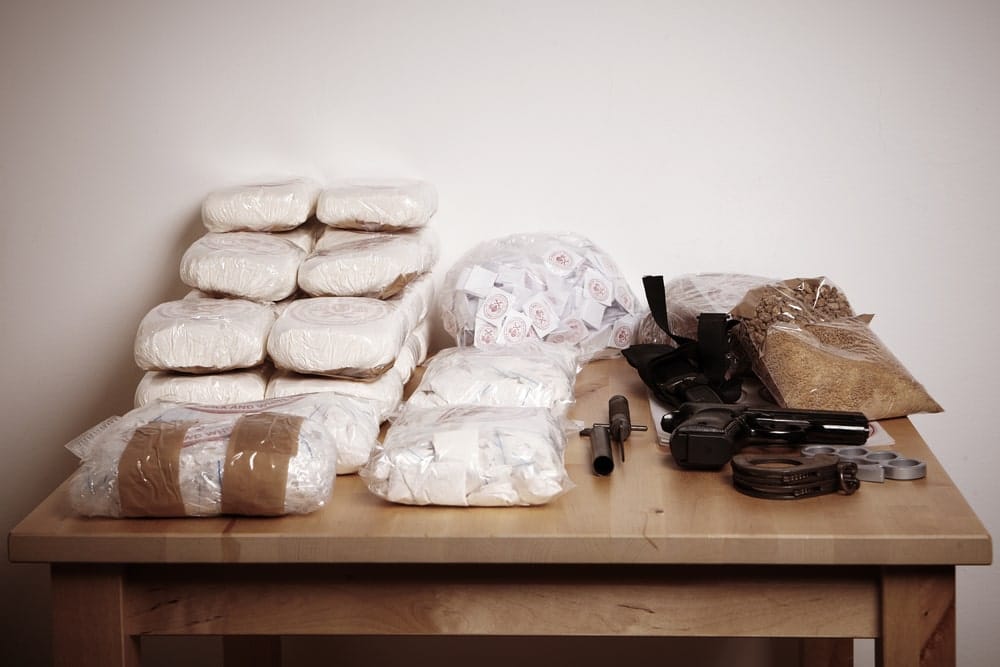
Drug Trafficking Penalties in Maine: What You Need to Know Being charged with drug trafficking in Maine is a serious legal matter that can result in harsh penalties, including significant[...]
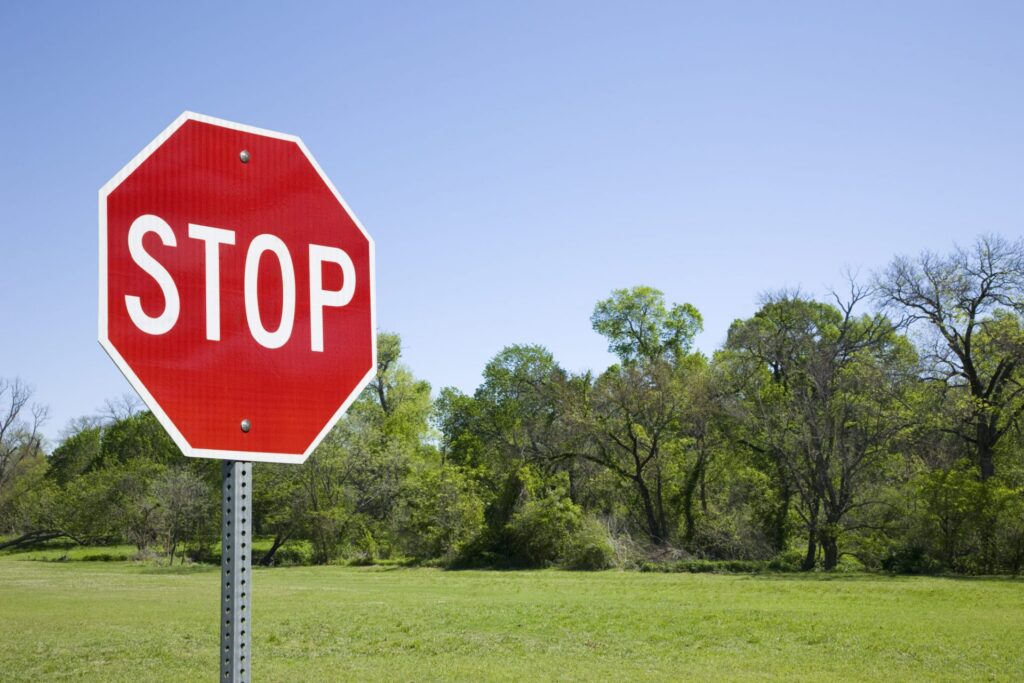
A recent traffic stop in Maine bears a sharp resemblance to a traffic stop that the Supreme Court of the United States had decided was a violation of the Fourth[...]
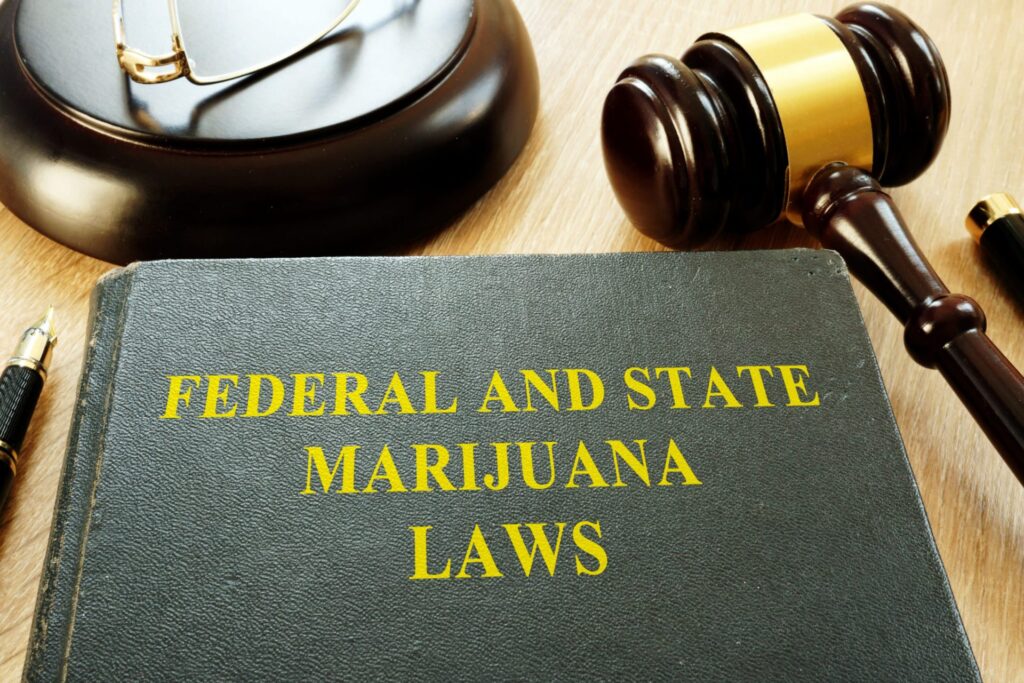
One of the most polarized and confusing aspects of the American criminal justice system today has to do with marijuana. In the past 20 years alone, 28 states in the[...]
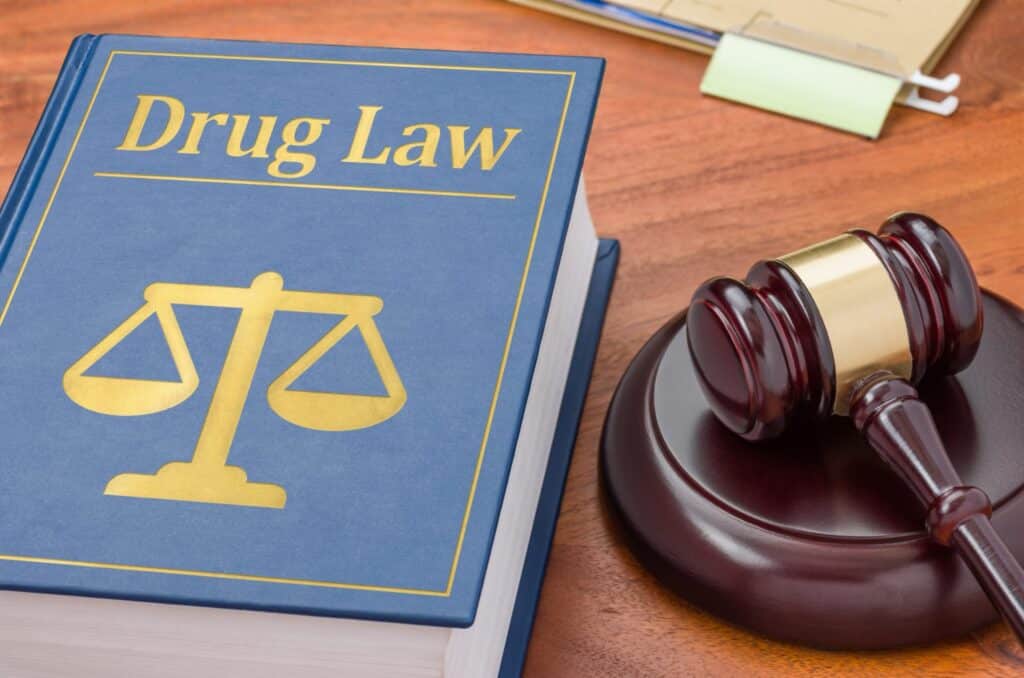
While policy decisions from the White House have been vague or difficult to follow, the new statement on the enforcement of federal drug laws is pretty clear: The Department of[...]
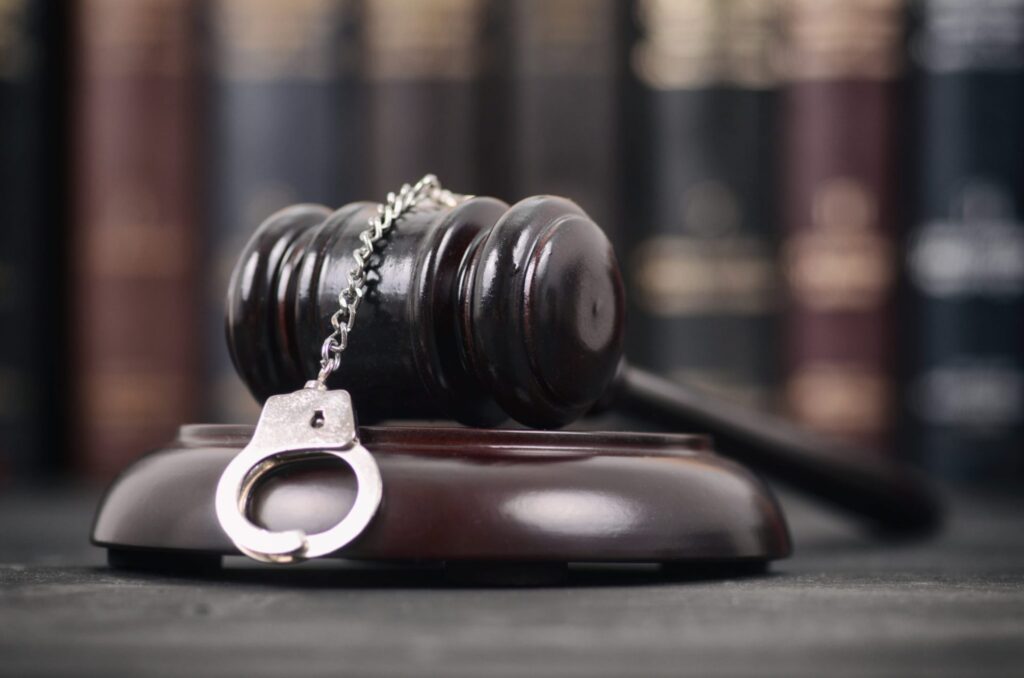
Out of all of the cabinet appointments that president-elect Donald Trump has made, none is more important to the freedom of the people of Maine than that of Senator Jeff[...]

If you have been charged with a crime of possession of drugs, there may be programs available to you to help reduce your sentence or resolve the case more favorably.[...]
